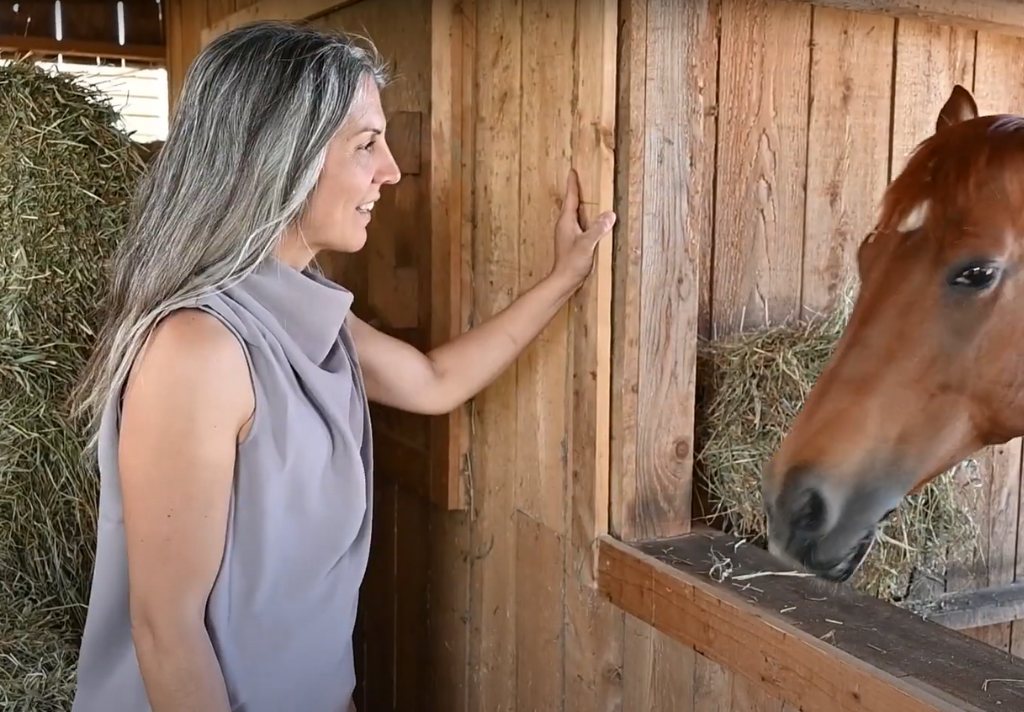Stéphanie-M. Fecteau’s work aims to deepen our understanding of how autistic adolescents and adults, as well as their families, experience stress, social inclusion, mental health, and the transition to adulthood.
She is a professor in the Department of Psychoeducation and Psychology at the Université du Québec en Outaouais and has been a TACC member since 2019.
Animal-Assisted Therapy and Autism (in French, subtitles in available in French and English). (Production: Aura Strategies)
Her path into research began with a formative experience: supporting an autistic child during integration into pre-kindergarten. This inspired her academic journey and continues to shape her research questions today. She is motivated by her collaborations and by the “human discoveries” that come from working alongside inspiring colleagues, partners, and community members.
Professor Fecteau co-directs the Groupe de recherche pour les adolescents et adultes autistes (GRAADA), which brings together researchers dedicated to supporting the life experiences and inclusion of autistic people. Her work combines physiological and psychosocial perspectives, often in partnership with practitioners and knowledge users, with the goal of validating innovative interventions to reduce chronic stress and improve quality of life.
In addition to her research on stress and adaptation, she is passionate about animal-assisted approaches. She collaborates on projects exploring therapeutic riding, where interactions between children and horses can help foster confidence, reduce stress, and build positive relationships that extend beyond the sessions.
Her hope is that her work contributes to improving quality of life for people and families, whether directly or indirectly.
“I am a member of TACC because it allows us to bring our expertise together, making collaboration and the sharing of knowledge and resources easier,” she says.
Stay connected
We share these stories through TACC to reflect the diverse paths that research can take—and to foster dialogue, connection, and collaboration across communities.
Connect with Professor Fecteau and learn more about her work:

